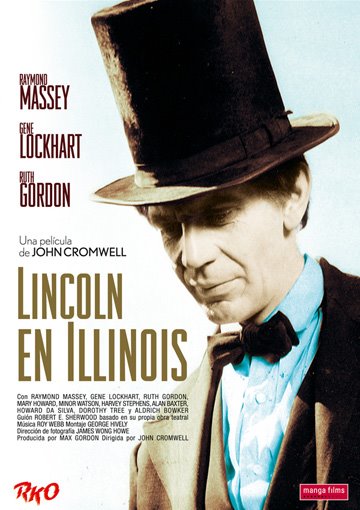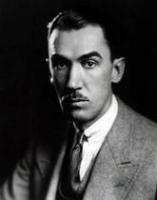

The following year the threat was carried out after continued poor grades. At the mid-point of his first year he received D's in Greek, Latin, History, Geography and Algebra and the college's administrative board considered placing him on probation. He excelled in the arts and creative writing but did badly in other subjects. Sherwood entered Harvard University in 1914. Harriet Hyman Alonso has pointed out: "In spite of his bad behavior and poor grades, Bobby loved Milton Academy, and as an adult kept in touch with the institution." Sherwood later recalled: "I don't believe there are many boys at any school who received so much in the way of tolerance, understanding, and superhuman forgiveness as I did at Milton." Brown claims that in an effort to destroy the reports of his bad behaviour, he accidentally set fire to a classroom. Sherwood and the Challenge of War (1970), Sherwood was a recalcitrant student and suffered regular beatings. According to his biographer, John Mason Brown, the author of The Ordeal of a Playwright Robert E.

In September 1909 Sherwood was sent to Milton Academy. Gretchen Finletter, one of his friends, later commented that he was always writing plays: "He saw a drama perfect and whole in his head". During his holidays in Westport Island he played a key role in the town's annual musical and a vaudeville-style concert. Robert also enjoyed writing and acting in plays. Fay, held progressive views on education and during his time at the school he became very interested in creative writing. I suppose the only kind of freak I could be would be a giant and I hope I'm not going to be that."Īt the age of eight Robert was sent away to boarding school in Southborough, Worcester County. Robert was a very tall child and after hearing about the "freaks" in the sideshow of a visiting circus, he said to his mother: "I do hope to goodness I'm not going to be a freak. This included owning a summer house near Lake Champlain and the employment of several servants. His father was a very successful stockbroker and the family enjoyed a privileged life. Rosina had married late in life and did not start a family until she was 33 years old. She also provided the artwork for several children's book. Sherwood's mother had been a student at the Arts Students League before becoming a successful artist whose illustrations had appeared in magazines, including Harper's Weekly and Century Magazine. He was a great-grandnephew of the Irish nationalist Robert Emmet who was executed for high treason in 1803. Robert Emmet Sherwood, the son of Arthur Murray Sherwood, a rich stockbroker, and his wife, the former Rosina Emmet, was born in New Rochelle on 4th April 1896.


 0 kommentar(er)
0 kommentar(er)
